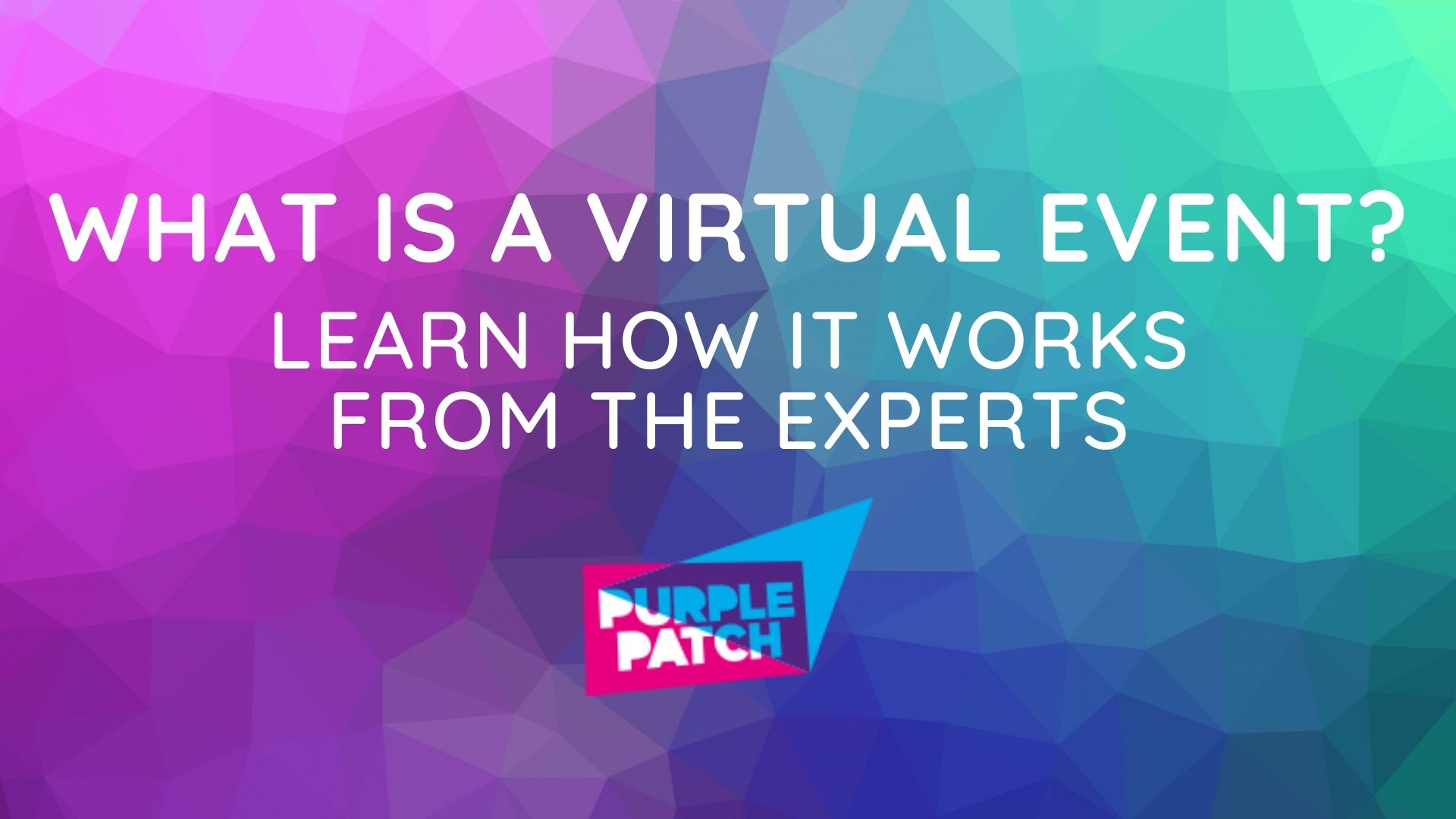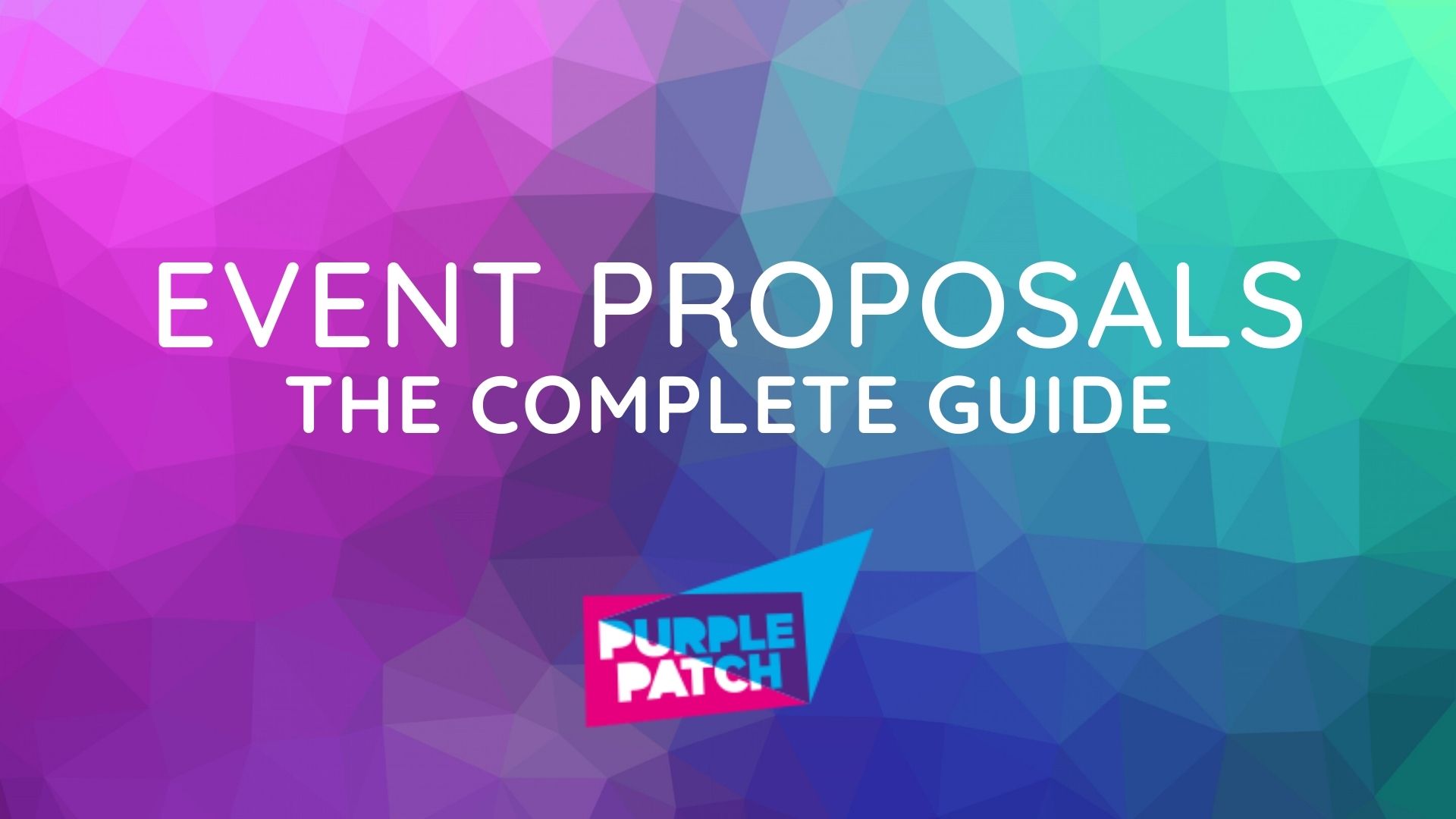Businesses are now investing more than ever in enhancing their online presence, and this includes hosting corporate events online.
Many event planners find that they aren’t really sure what a virtual event actually consists of and how it stacks up against a traditional conference, exhibition, and other in-person events. If you too were wondering what’s the hype surrounding virtual events all about, or perhaps want to know more about this type of events and how they work, you have come to the right page! In this article, we introduce you to the concept of virtual events, in detail.
What’s a Virtual Event?
A virtual event is like a gathering of people, hosted in an online environment, creating an immersive virtual experience – an event that’s held virtually, using the internet as the medium, instead of meeting, live, in-person, at a specific physical location. Corporate events, too, can be hosted virtually with the aim of promoting communications, audience engagement, interactions, and products or services.
What Are the Various Types of Virtual Corporate Events?
Virtual corporate events include a wide range of activities, from virtual meetings and training sessions to online exhibitions and product launches. However, there are chiefly three types of virtual corporate events that are most commonly utilised by brands and businesses alike: webinars, virtual conferences, and hybrid events.
Why Host Virtual Events?
There’s not just one but many reasons why organisations should host virtual events. For brands and businesses, virtual events provide an opportunity to interact with their client or consumer base, especially during times when in-person gatherings are restricted (or limited) and any unnecessary travel is unwarranted.
For other organisations, hosting virtual events is one of the best ways to bring people from various parts of the world together, share information with a large audience, save time and money on hiring and setting up an event venue, and build more tangible connections, while using nothing but just the internet.
Most importantly, there’s virtually no barrier for the audience to attend a virtual event, other than internet access, regardless of where they are located or their willingness to travel. This also means there’s much more capacity for organisations to invite a larger audience than they would typically invite at a live in-person event.
How Are Virtual Events Organised?
Event organisers make use of virtual event tech platforms that let you host your virtual event as per the needs of your business goals, budget, and audience preferences. From simple events like webinars, in which attendees can view the speaker webcast or presentation slides, to more complex events like virtual conferences with a host of speakers and a video live stream, such platforms offer a host of capabilities.
Depending on the requirements, you can create the sessions as a live stream or a recorded webcast. Event planners and organisers can co-manage the event delivery, working with the event management service provider, by using the backend dashboard of the platform that gives them full access control.
The event tech platform can be integrated with an event registration system to allow your attendees to sign up for the event. Then, registrants can go directly to the main virtual event page to access all the essential information about the agenda and scheduled sessions, among other details. They can even create their own itinerary and join a session of their choice. On the engagement and interaction side of things, the attendees can join group chats, submit questions, fill up survey forms, and share their feedback.
Is It Possible to Monetise Virtual Events?
The majority of the advanced virtual event tech platforms offer plenty of options to help organisations ensure their virtual events meet their financial goals. From integrating sponsored ads into the content to creating virtual environments that promote specific brands or products, the sky’s the limit! In case you are planning to broadcast paid (premium) content without relying on advertisements or sponsorships for monetisation, you can always utilise a few strategies to attract more audience, improve engagement rates, and eventually increase the revenue you generate from the event.
In addition to this, virtual events can be used to generate a goldmine of valuable data. Since such events are hosted online, it’s quite straightforward and effortless to use data analytics platforms for measuring event performance with real-time data on views, unique visitors, downloads, shares, and other important metrics of audience engagement to see what worked best.
Final Thoughts
Virtual event tech platforms have come a long way from their humble beginnings and can let event planners do almost everything, from making use of gamification and giving attendees virtual credits to hosting event microsites and recording engagement data. So, regardless of what most event planners would like to believe, virtual events (and virtual event tech platforms) are here to stay!
Interested in learning more about how your organisation can leverage virtual and hybrid events, or want to consult with our team of virtual event planners? Contact us today!



